Keeping your boat in top shape year-round requires regular care and attention to detail. Whether you’re cruising in saltwater or freshwater, consistent maintenance can prevent costly repairs and keep your boat performing at its best. Here are 16 proven techniques that will help ensure smooth sailing all year long.
Contents
Regular Oil Changes
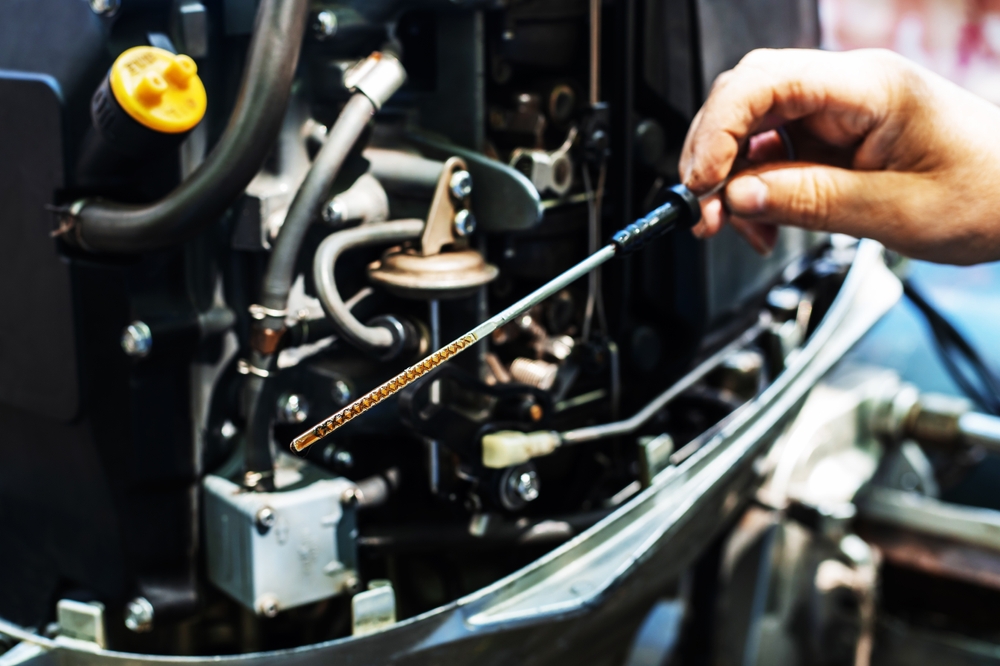
Changing your boat’s oil regularly is essential for maintaining engine health. Over time, oil can become contaminated with dirt and debris, which causes excess wear on engine components. It’s typically recommended to change the oil every 50 to 100 operating hours or according to your manufacturer’s guidelines. This simple routine can prevent expensive engine damage, ensuring a longer engine life. Be sure to use high-quality marine-grade oil to guard against moisture-related corrosion.
Inspecting and Replacing Fuel Filters
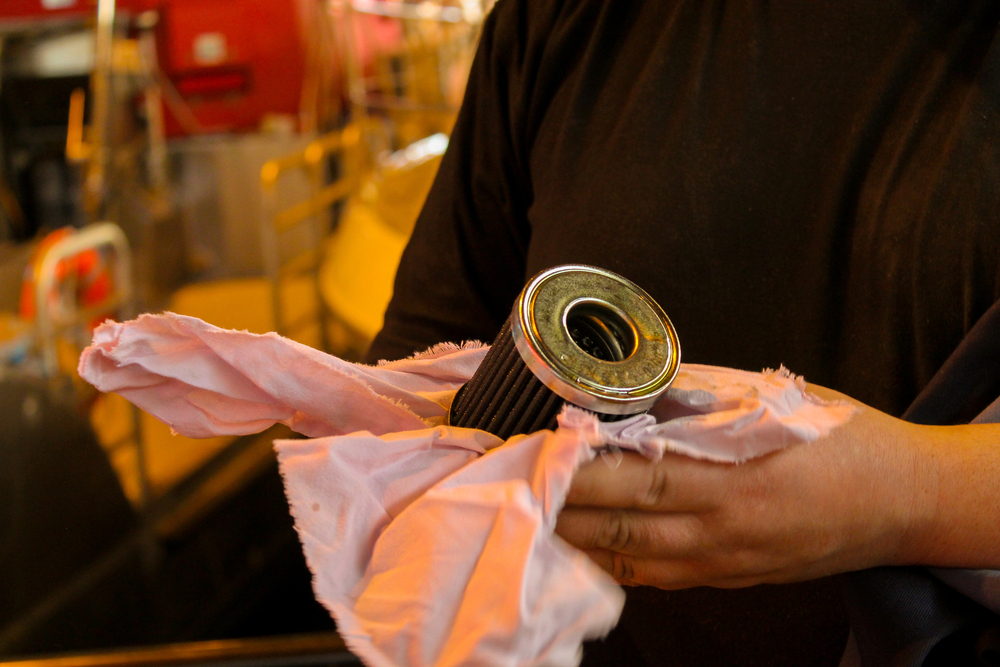
Fuel filters are responsible for keeping dirt and water out of your engine’s fuel system, preventing clogs and poor performance. These filters should be inspected often and replaced yearly or as needed. Water and debris can enter the fuel in marine environments, causing major engine issues if left unchecked. Installing a water-separating fuel filter provides an added layer of protection. This will help ensure smooth and uninterrupted fuel flow to the engine.
Checking the Propeller for Damage
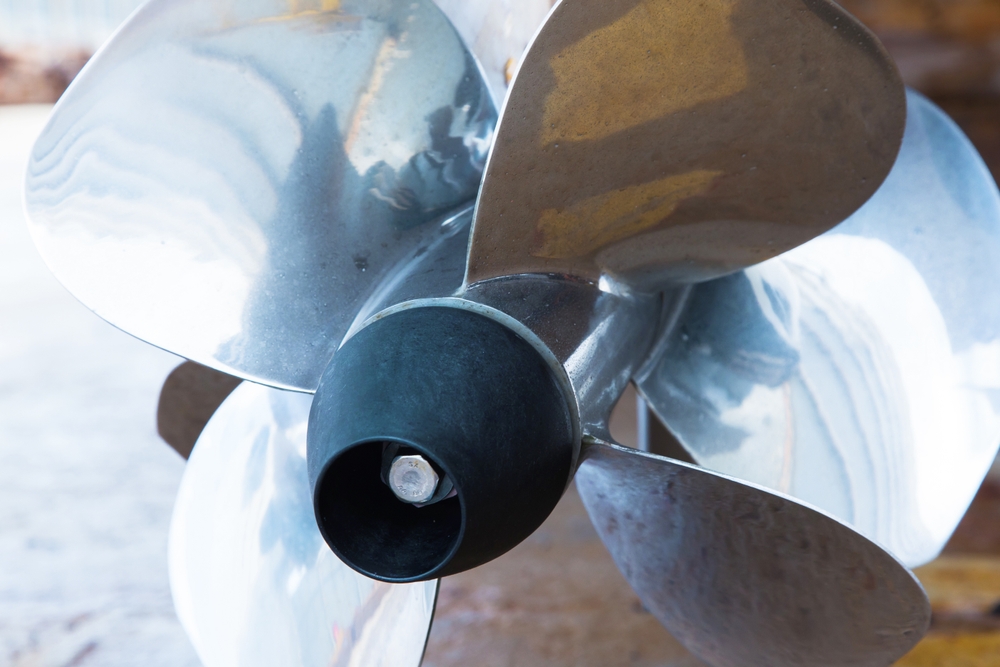
Your boat’s propeller can suffer from unseen damage, like dents, cracks, or entanglements, which can hurt performance. Regularly inspect the propeller for any signs of wear and tear, ensuring that any damage is repaired promptly. If left unchecked, a damaged propeller can increase fuel consumption and strain the engine. Loose propellers can also create dangerous situations, so tighten fittings before each trip.
Flushing the Engine After Saltwater Use
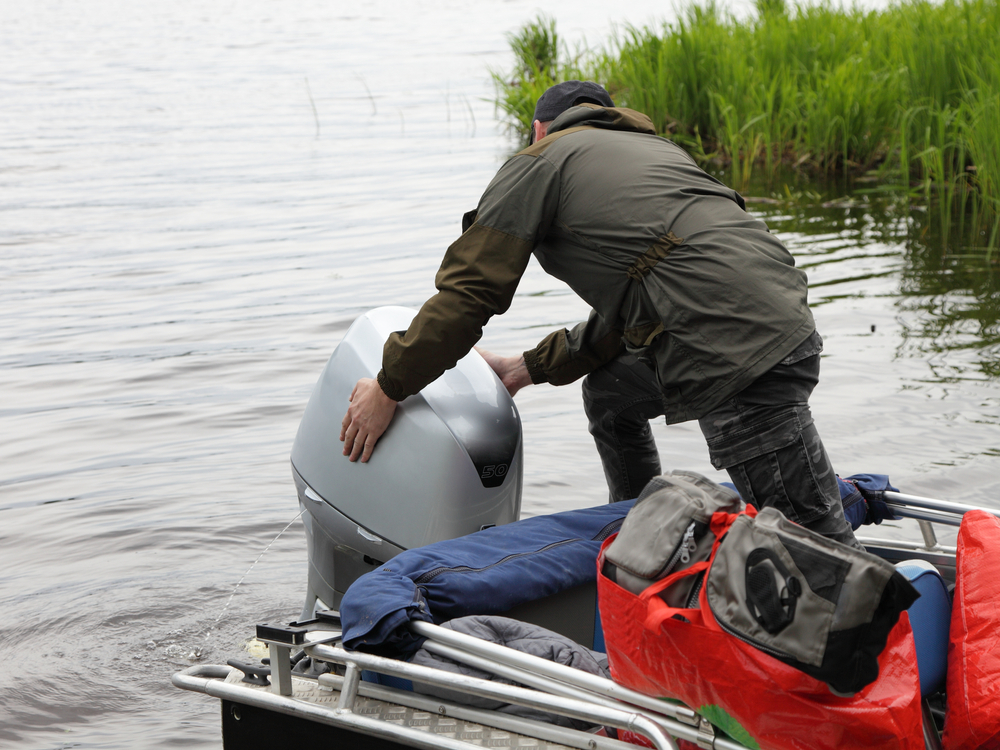
Saltwater is highly corrosive, and without proper maintenance, it can severely damage your engine. Flushing the engine with fresh water after every saltwater outing is a simple but critical step to prevent corrosion. Doing so helps remove any residual salt, preventing blockages in the cooling system and reducing the risk of corrosion. This practice ensures your engine stays in top condition, even after repeated exposure to harsh saltwater environments.
Keeping Batteries Charged and Clean
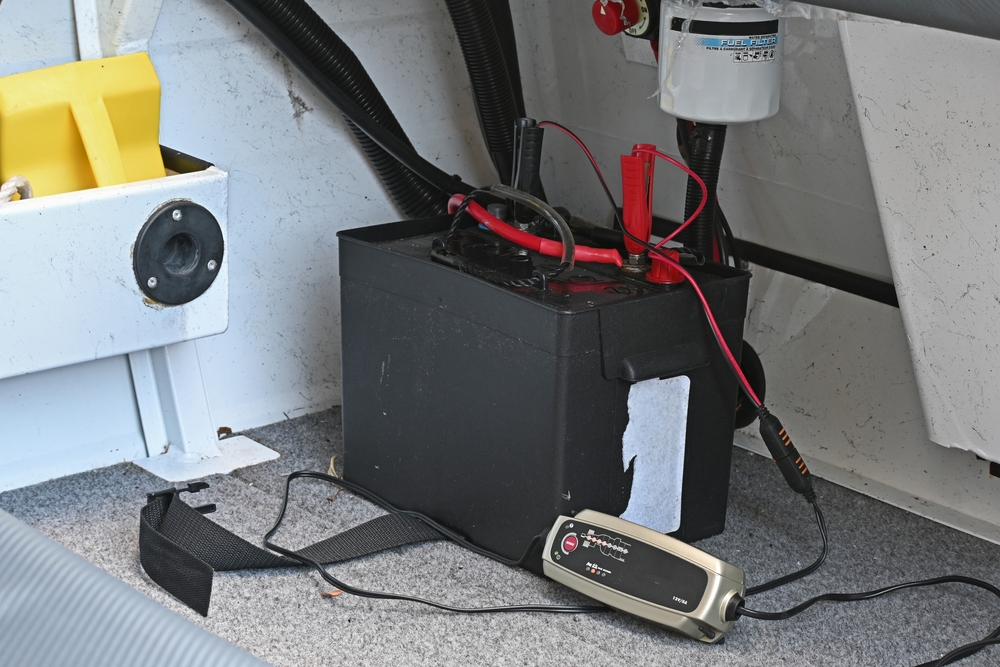
Boat batteries can degrade quickly if neglected, leading to unexpected failures. Regularly charging the battery ensures that it’s always ready when you need it. Cleaning the battery terminals with a wire brush will prevent corrosion, which can interfere with power delivery. It’s also important to check battery voltage, particularly in cold weather, as low temperatures can drain power faster. A clean, well-maintained battery guarantees a smooth start and reliable performance during every outing.
Inspecting Bilge Pumps
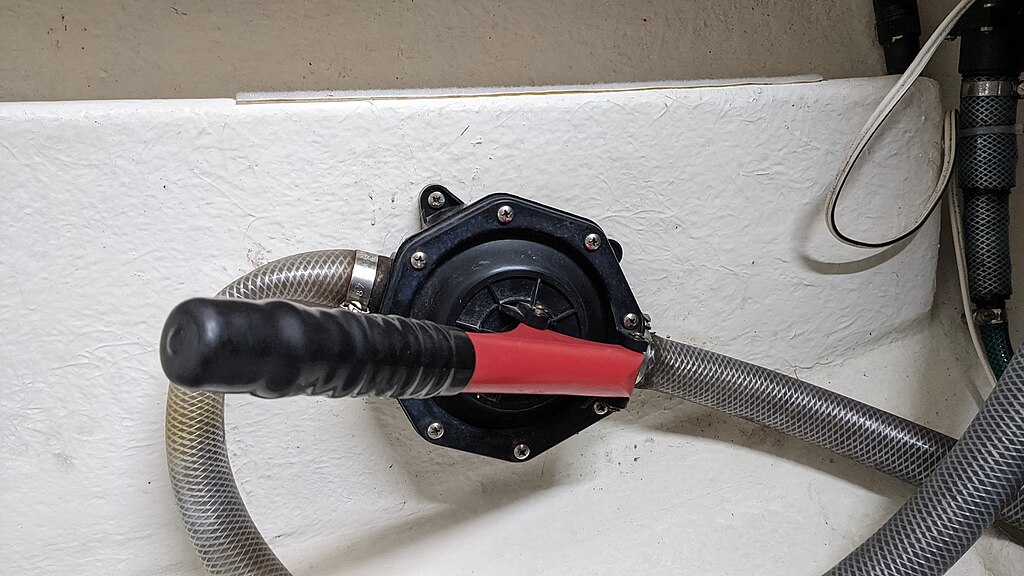
Your bilge pump is a key safety feature, helping to remove any excess water that accumulates in your boat’s hull. Regular inspection is crucial to ensure the pump is functioning properly, especially before embarking on longer journeys. Debris can clog the pump, rendering it ineffective, so clear out any obstructions during routine checks. Consider having a secondary pump installed as a backup, adding an extra layer of safety.
Cleaning and Treating the Hull
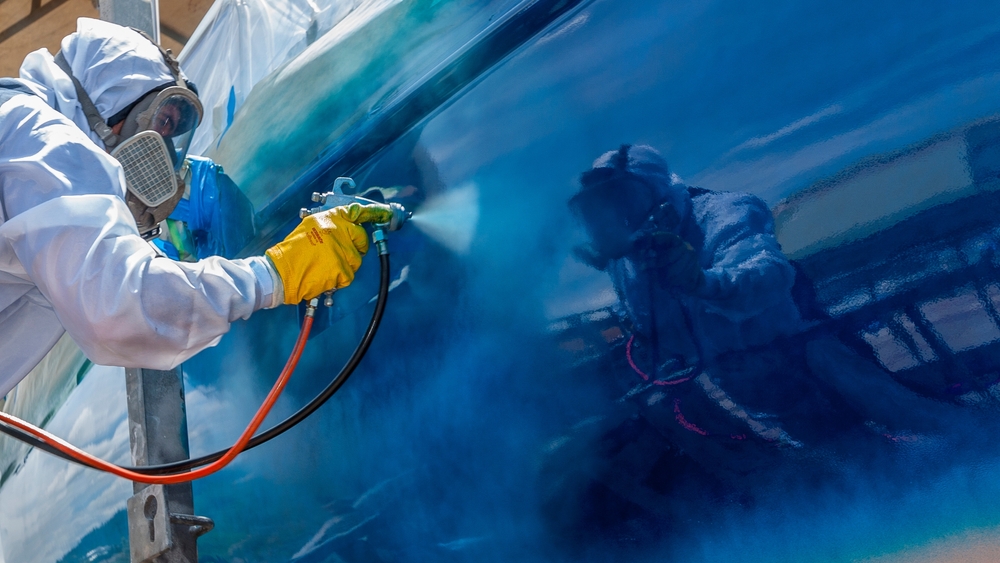
The hull of your boat accumulates marine growth such as barnacles and algae, which can slow your boat down and increase fuel consumption. Cleaning the hull regularly removes this buildup, improving your boat’s overall performance. Applying antifouling paint can further prevent organisms from attaching to the surface. By reducing drag, a clean hull helps you save on fuel and maintain top speed.
Checking Electrical Connections
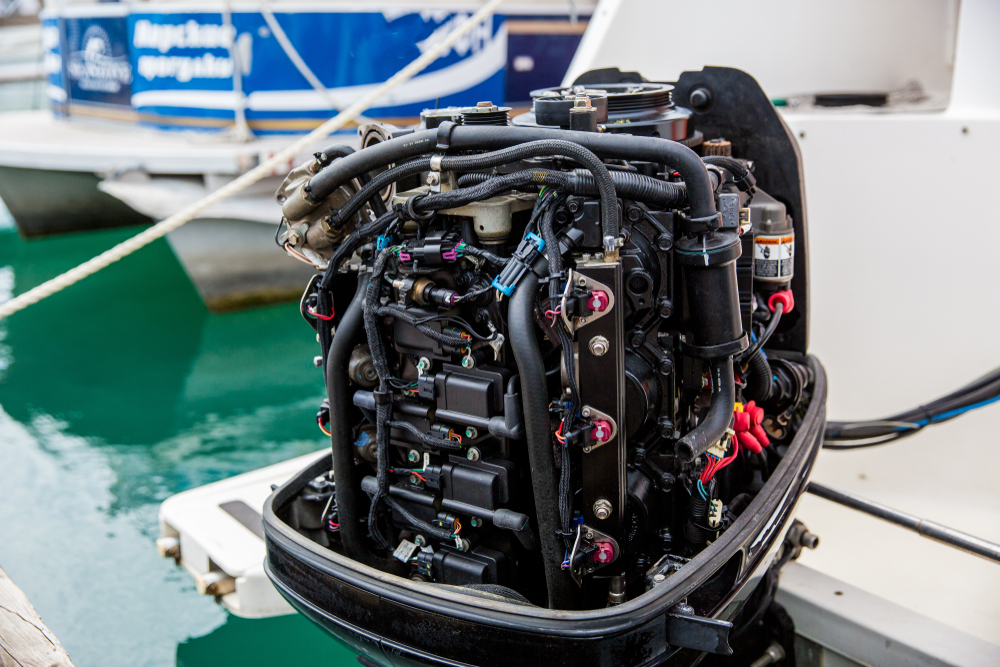
Marine environments can be harsh on electrical systems, making regular inspection of wires and connections a necessity. Corrosion, frayed wires, or loose connections can cause electrical failures, which can be hazardous or leave you stranded. Use marine-grade wiring and secure connections to ensure durability against moisture and vibrations. Applying anti-corrosion treatments to the electrical components can also extend their lifespan.
Winterizing the Engine
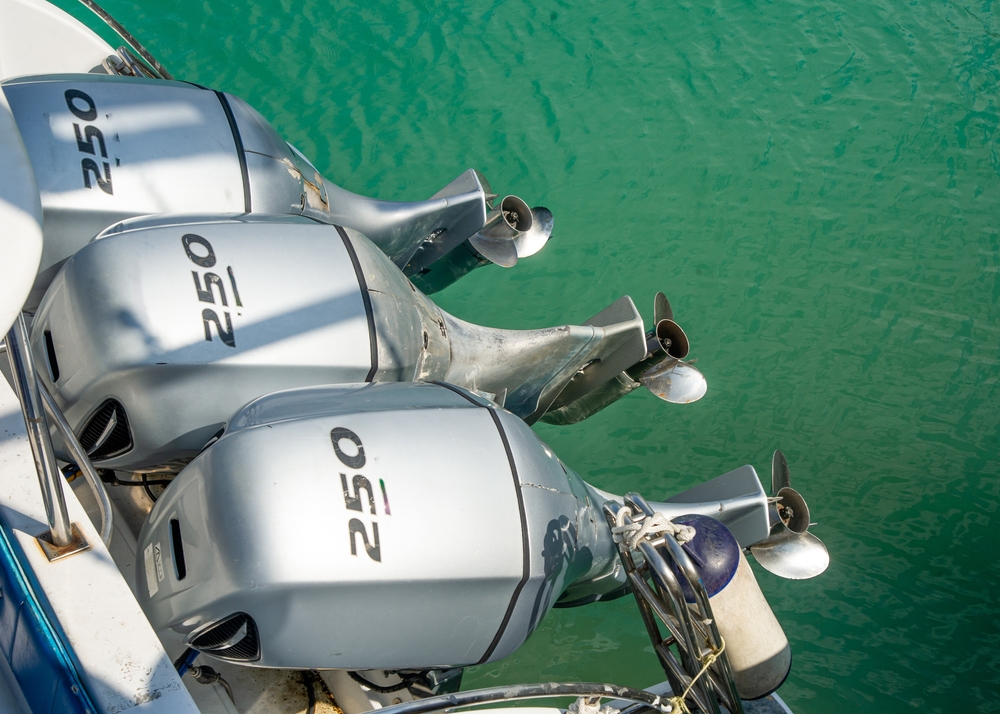
In colder climates, properly winterizing your boat’s engine is essential to avoid serious damage during the off-season. Draining water from the engine, adding antifreeze, and treating other components with moisture-resistant products will help protect against freezing. Failing to winterize can lead to cracked engine blocks or damaged seals, which are costly to repair. This preventive step keeps your engine safe and ready to run smoothly when warmer weather returns.
Lubricating Moving Parts
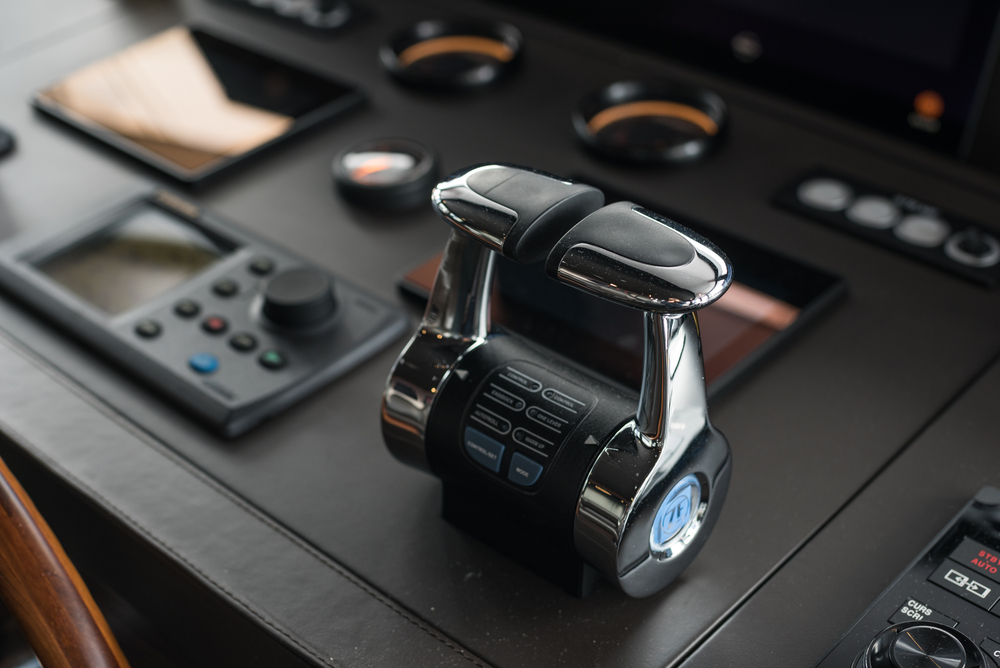
Lubrication is key to preventing rust and ensuring that moving parts, like steering cables and throttle controls, function properly. Regularly applying marine-grade lubricants to these components reduces friction and prevents them from seizing up. Moisture and salt exposure can lead to rust, so proper lubrication is crucial. This not only keeps everything running smoothly but also extends the lifespan of vital components.
Keeping the Deck and Cockpit Clean
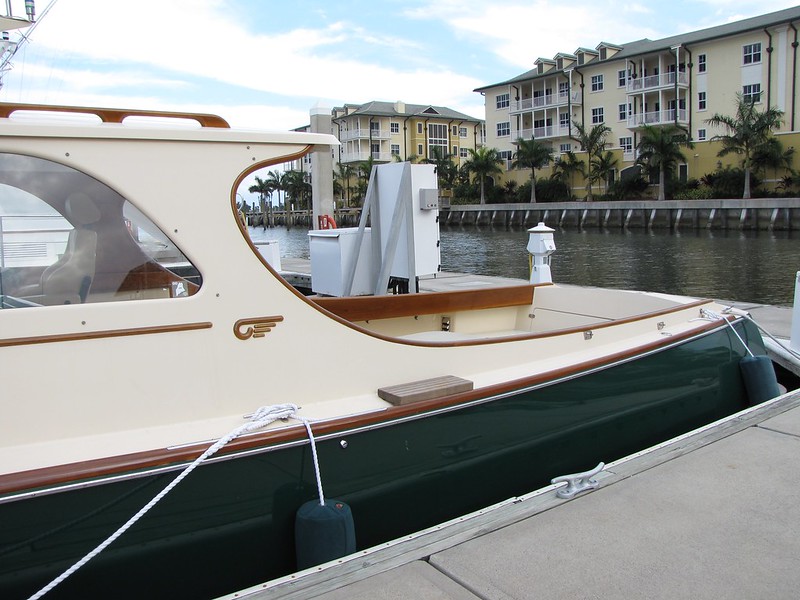
A clean deck not only makes your boat look better but also enhances safety by reducing slipping hazards. Saltwater, dirt, and grime can accumulate on surfaces, leading to damage and potential mold growth. Regularly washing the deck and cockpit with marine-safe cleaners helps preserve the material and prevents wear over time.
Regularly Inspecting Hoses and Belts
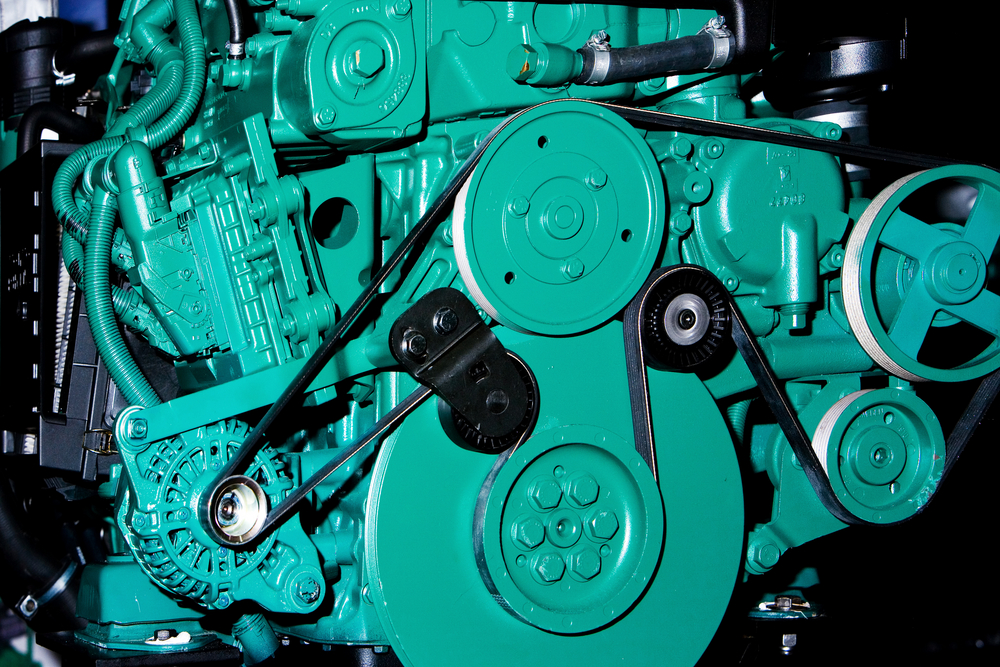
Hoses and belts are integral to your boat’s cooling and fuel delivery systems, and any sign of wear or cracks can signal impending failure. Inspect these components frequently for signs of deterioration, as they can crack, fray, or loosen over time. Replacing worn hoses and belts before they fail ensures that your boat runs efficiently and avoids the risk of sudden engine trouble. Keeping a set of spare hoses and belts onboard is always a good precaution.
Keeping an Eye on Exhaust Systems
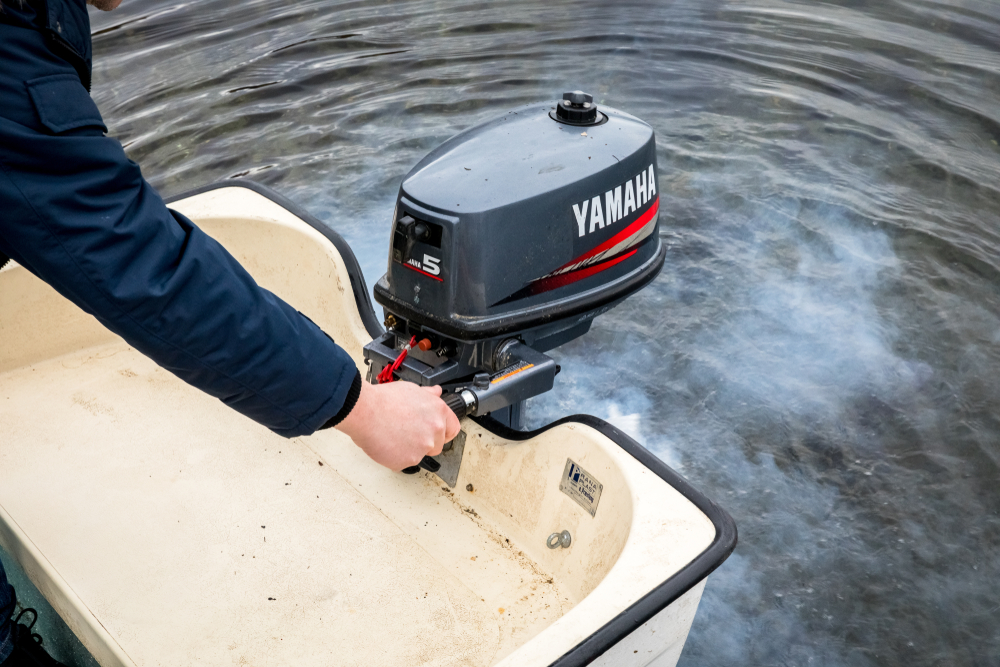
Your boat’s exhaust system plays a vital role in safely releasing harmful gases away from the engine. Regularly inspecting the system for leaks, corrosion, or blockages helps prevent dangerous emissions from entering the cabin. Saltwater environments are particularly tough on exhaust systems, accelerating rust and deterioration. An exhaust system in good condition also ensures the engine performs at its best.
Greasing the Steering System
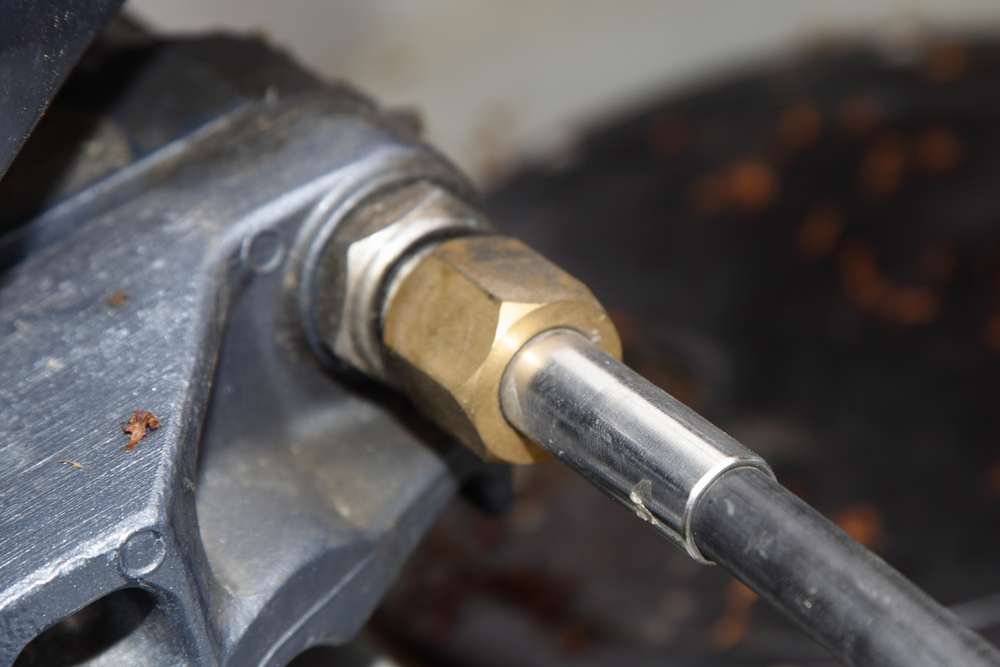
Ensuring your steering system is well-lubricated is key to smooth handling and control. Saltwater and exposure to the elements can lead to corrosion and stiffness in the steering cables. Regularly applying grease to these components will keep them moving freely and reduce the risk of them locking up unexpectedly. Proper lubrication also extends the lifespan of steering components, ensuring reliability. By maintaining smooth steering, you ensure a safer and more enjoyable experience on the water.
Maintaining Proper Tire Pressure on Trailers
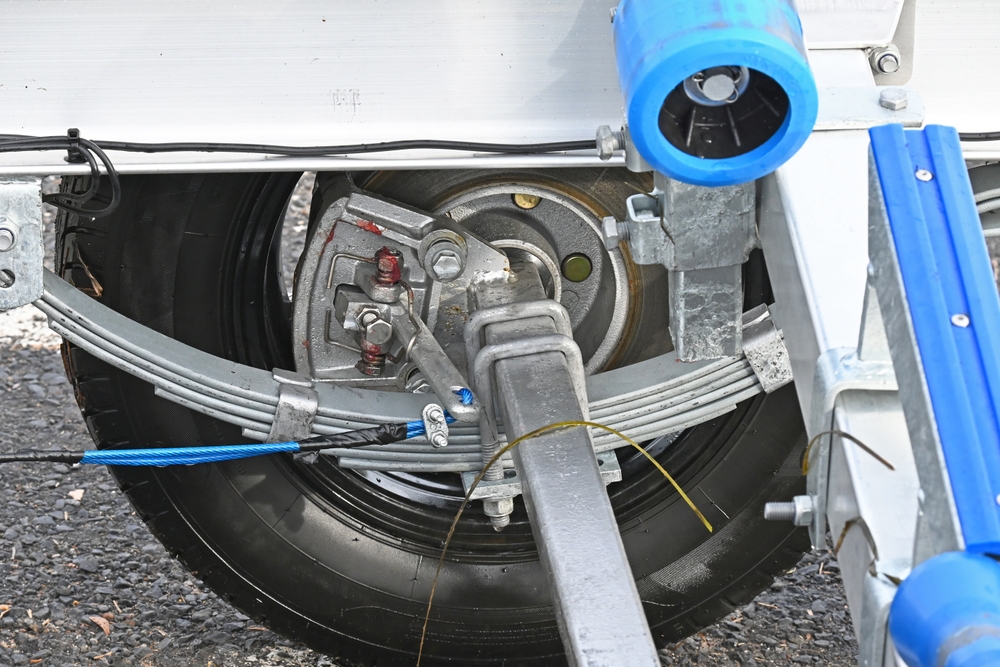
If you transport your boat with a trailer, keeping the tires properly inflated is crucial for safe and smooth transportation. Under-inflated tires can lead to dangerous blowouts, while over-inflated ones may reduce traction and cause uneven wear. Check the tire pressure before every trip and adjust it according to the manufacturer’s recommendations. Properly maintained tires reduce the risk of accidents and extend the life of both the trailer and the tires themselves. This simple check can prevent costly damage on the road.
Scheduling Professional Inspections
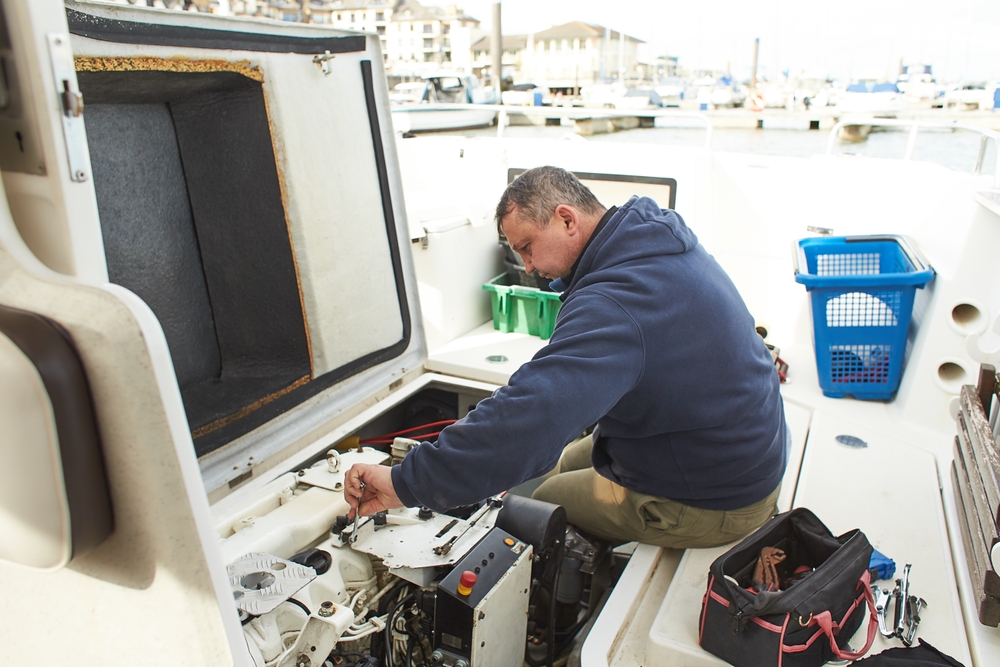
Even with meticulous self-maintenance, it’s advisable to schedule an annual professional inspection for your boat. Certified technicians can identify potential issues you might miss, such as hidden corrosion or internal engine wear. Regular inspections also help ensure that your boat remains compliant with safety regulations. Professionals bring the experience and tools necessary to conduct thorough diagnostics, providing peace of mind.
This article originally appeared in MyCarMakesNoise.
More from MyCarMakesNoise
10 Groundbreaking Electric Planes Ready to Change Aviation

The future of air travel is electric, and it’s arriving sooner than you might think. As the aviation industry pushes towards sustainability, electric planes are emerging as game-changers. Read More.
25 Lightning-Fast 4-Cylinder Cars That Are a Great Value

Four-cylinder engines often conjure images of practical, fuel-efficient vehicles, but they also power some of the most exhilarating performance cars on the market. These engines strike a remarkable balance between everyday usability and thrilling sports car dynamics, proving that great things come in smaller packages. Read More.
20 Iconic Motorcycles That Revolutionized Speed and Style
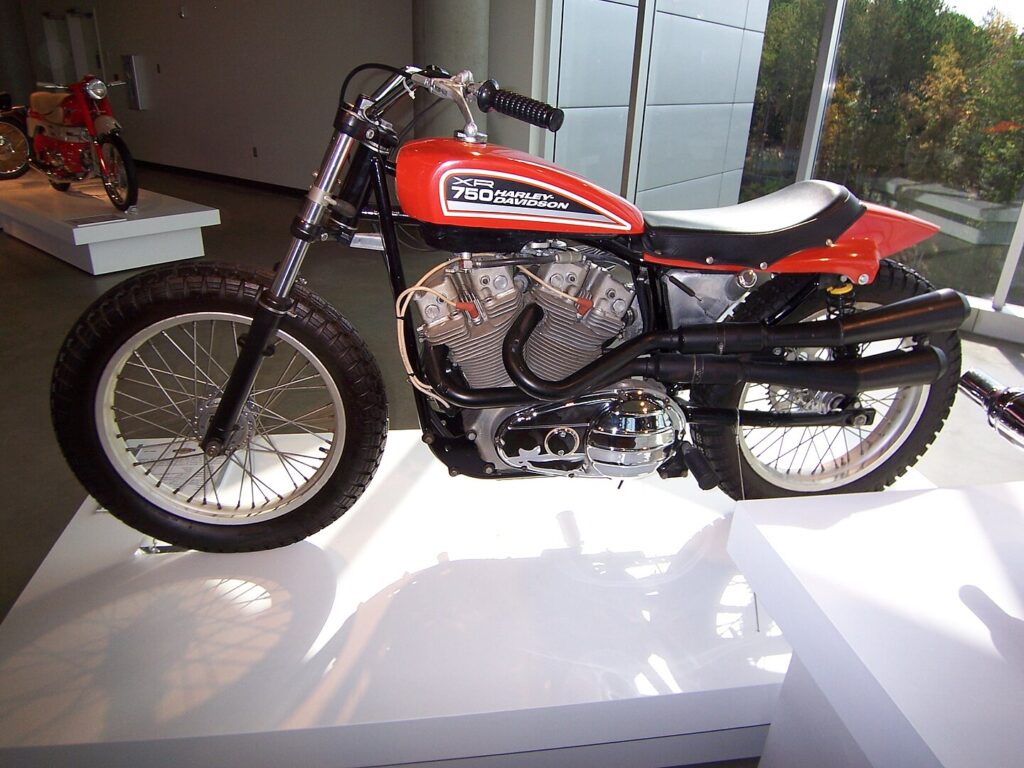
Motorcycles have always been synonymous with freedom, adventure, and the thrill of the open road. Some classic motorcycles, however, have gone beyond mere transportation, setting new standards for speed and style. Read More.














